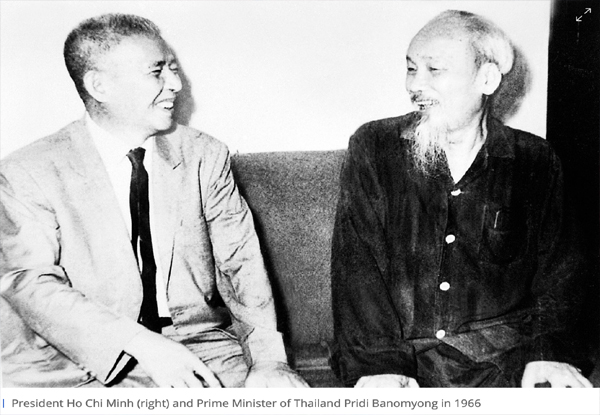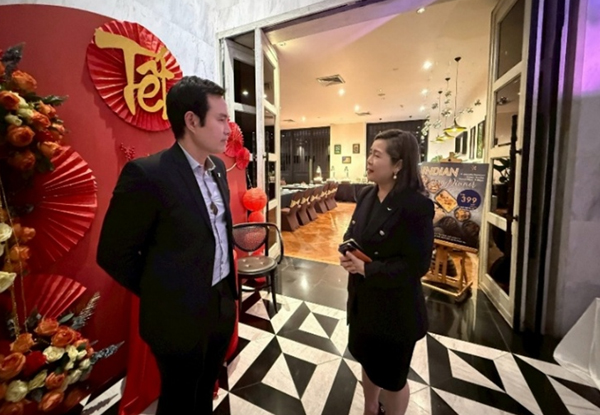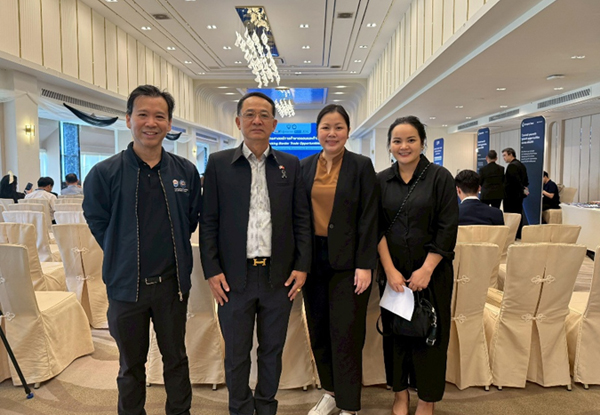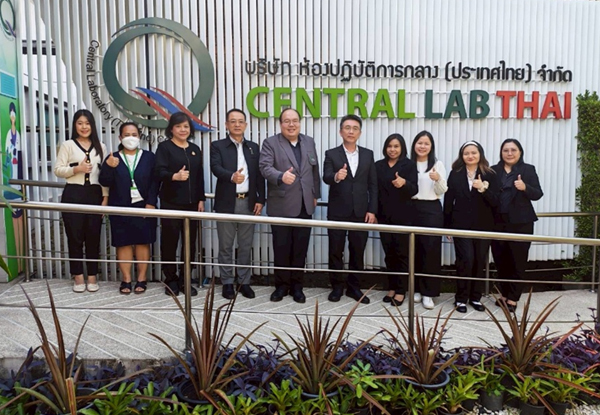Viet Nam in 76 years of independence
On the auspicious occasion of the 76th National Day of Viet Nam, the Bangkok Post spoke to the Ambassador of Viet Nam to Thailand, H.E. Dr. Phan Chi Thanh.
In 1945, the landslide victory of the August Revolution under the leadership of Ho Chi Minh led to the establishment of the Democratic Republic of Viet Nam on September 2, 1945, whose 76th anniversary the Vietnamese People is proudly celebrating this year. In these 76 years, the story of Viet Nam has been impressive to the world from the triumphs over the wars of resistance to the success of Doi Moi Reform making Viet Nam today become a strong, democratic, open nation and the fastest-growing economy in the world.

The national re-unification in 1975 marks the glorious end of national liberalisation struggle of the Vietnamese people in the North and the South. The transformation from a centralised backward agricultural economy facing constant food shortages to a leading exporter of agricultural products in the world, ensuring food security for the more than 97 million population, has been one of Viet Nam's greatest achievements. Graduated from low-income status in 2008, Viet Nam at present is among the 40 largest economies in the world and the 4th in ASEAN. Per-capita income has increased seventeen-fold to more than US$3,500, levelling Viet Nam with middle-income countries.
Viet Nam is among the world's fastest-developing countries in information technology (IT) with 70% of the population having access to the internet. The United Nations has classified Viet Nam as one of the countries reaching the Millennium Development Goals. In 2019, Viet Nam's Human Development Index (HDI) reached 0.704. This is a commendable achievement compared to countries at a similar level of development.
Given Viet Nam having been a poor and war-torn country, with devastated human lives, infrastructure, environment and diversity in terms of geography, language, religion, culture and ethnicity, the country's journey towards development and prosperity is an inspiring one. Political stability, openness, strong democratic institutions, a decentralised system of governance based on rule of law and the principle "of the people, by the people, for the people" have contributed to what Viet Nam's society is today.
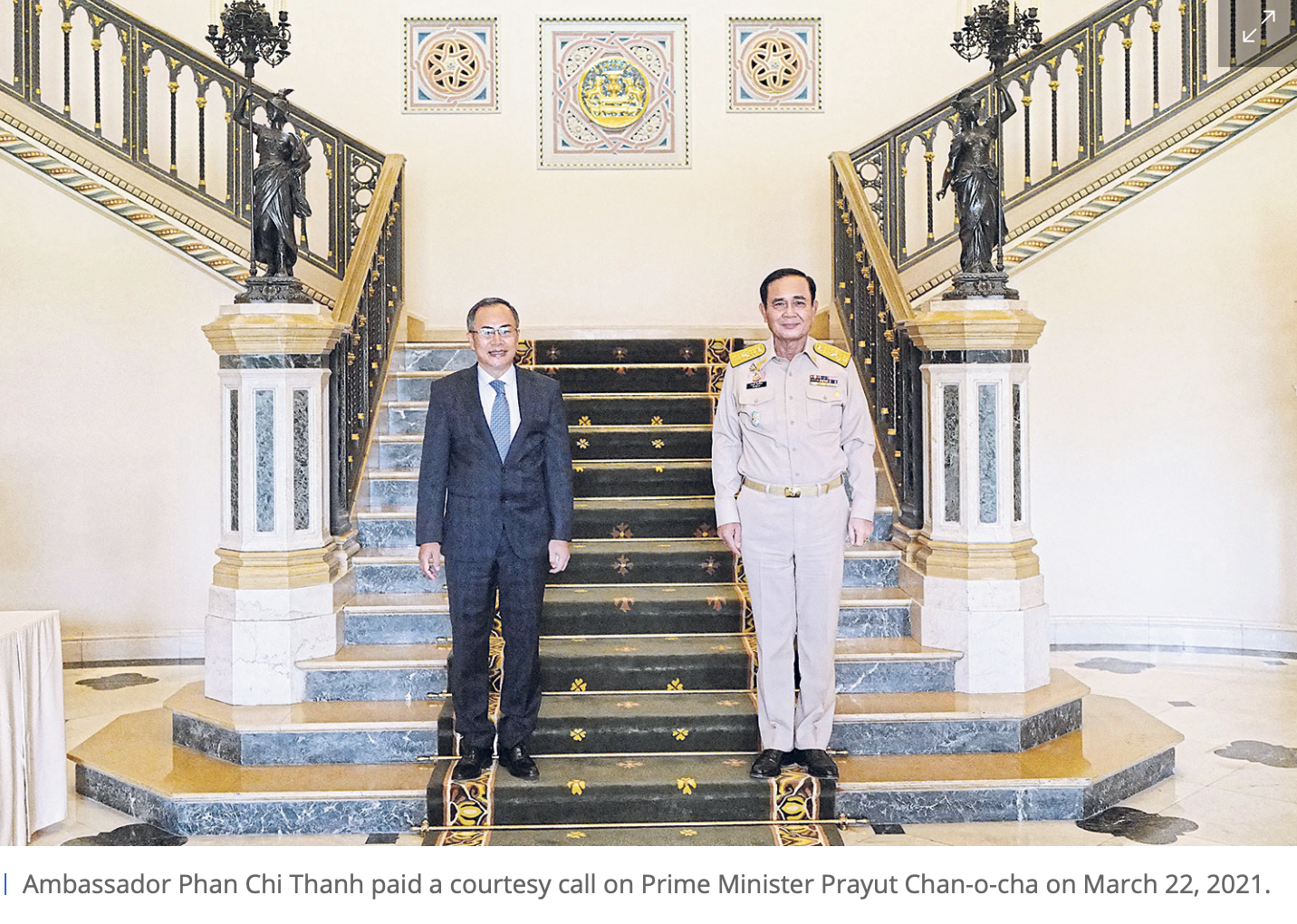
Viet Nam's foreign policy built on independence, self-reliance, multilateralism, diversification, peace, friendship, cooperation and proactive integration, has "borne fruits". Viet Nam has joined ASEAN since 1995 and maintained robust relations with almost all the countries in the world and has 30 strategic partnerships and comprehensive partnerships; signed 17 free trade agreements, including comprehensive FTAs such as CPTPP, EVFTA and RCEP. Viet Nam recently became a non-permanent member of the UN Security Council and has joined the UN Peacekeeping Mission in Africa.
Can you explain more about Viet Nam's social development achievements?
Viet Nam has advocated the market eco-nomy model with socialist orientation since Doi Moi began in 1986, which equally combines both economic and social development targets and policies. This is to ensure that economic growth is accompanied by social progress and equality in every stage and policy throughout the development process.
The poverty reduction is a key achievement of independent Viet Nam. As the result of decades combating poverty, the percentage of poor households fell by 1.5% every year on average, from 58% in 1993 to 5.8% in 2016, according to Government poverty standards, and to less than 3% in 2020, according to the multidimensional poverty index. While we are not yet able to provide free education at all levels for all, Viet Nam has realised the required primary education in 2000 and secondary education in 2010. The number of university and college students has increased by 17 times over the last 35 years.
Currently, 95% of Vietnamese adults are literate. The poor, children under 6, and the elderly are provided with free health insurance coverage. Children malnutrition and infant mortality have been slashed about three-fold. Average life expectancy has gone up from 62 years in 1990 to 73.7 years in 2020. During the Covid-19 pandemic the government has provided large social support programmes to vulnerable groups, including free vaccinations to all residents and expats regardless of nationality or occupation.
Bangkok Post
2 September 2021

